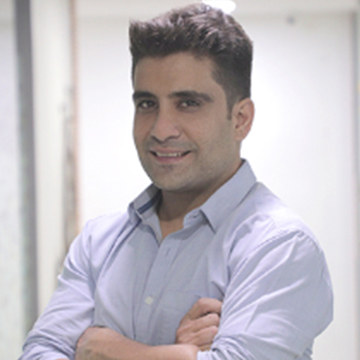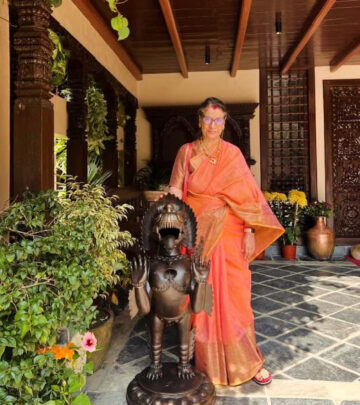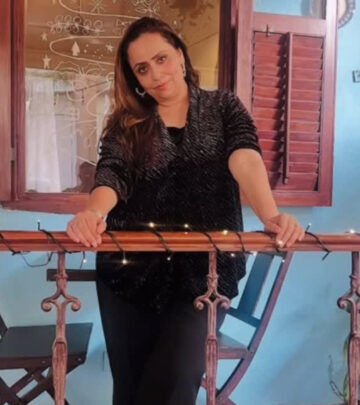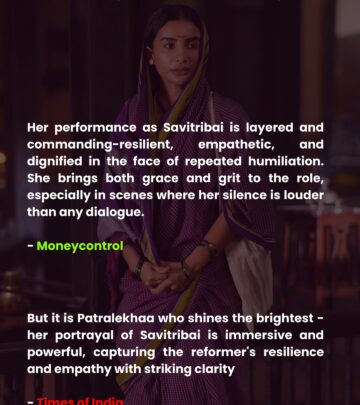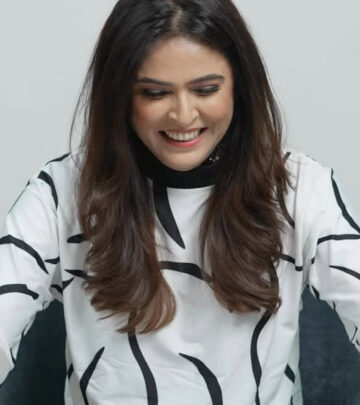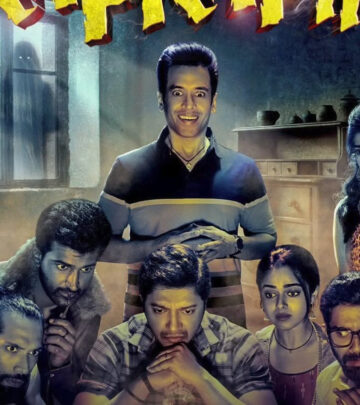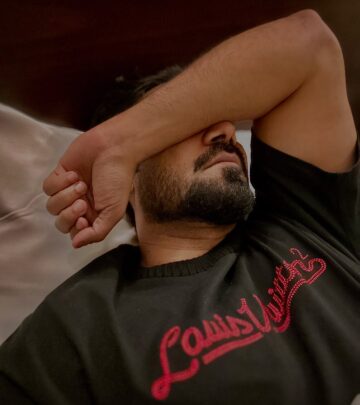Shruti Seth Questions Modern Sadness In Hyper-Connected Society
The actress ponders a hyper connected world, sparking chat on sadness and self-awareness.!!!
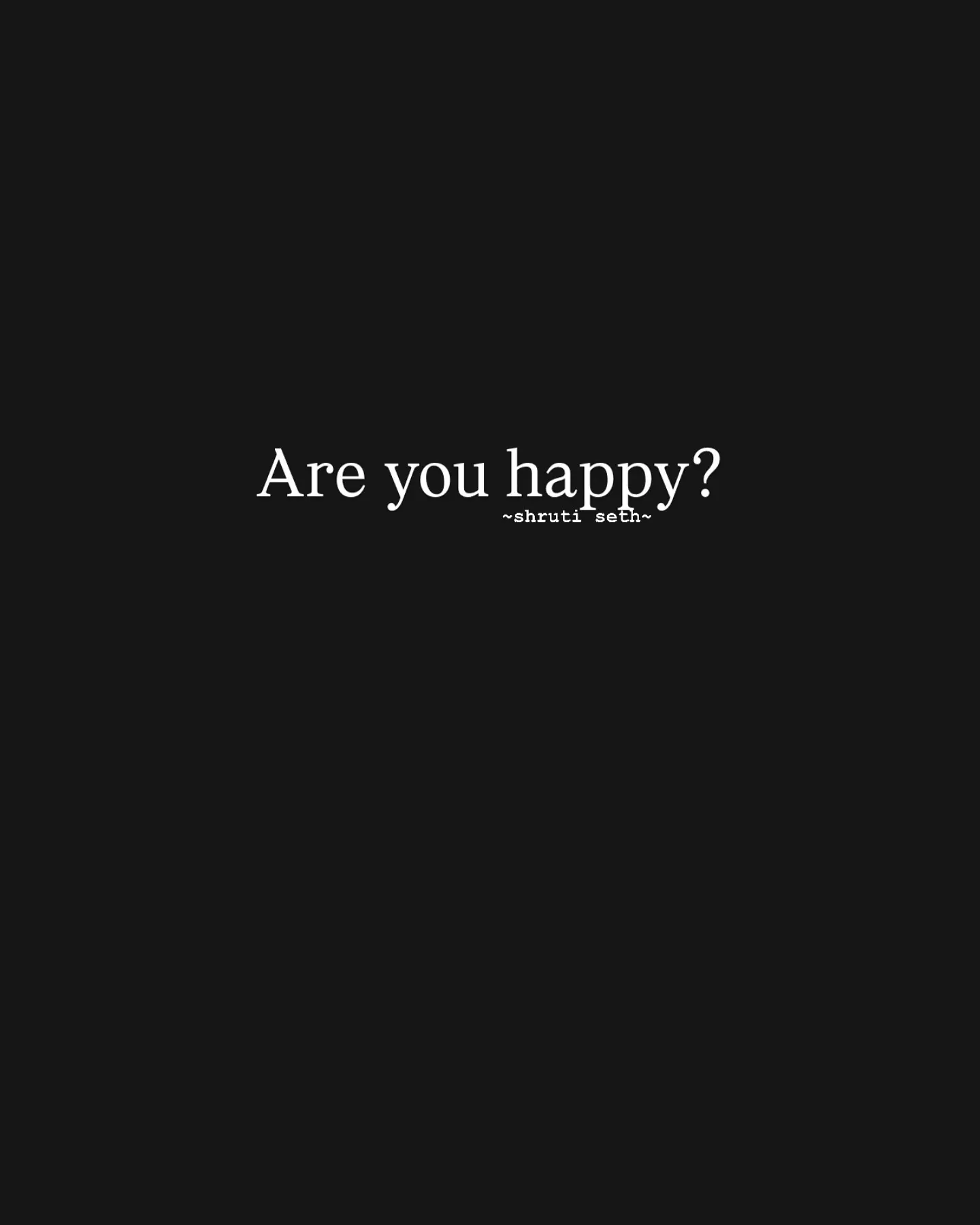
Image: Instagram
In a recent Instagram post that has struck a chord with many, Shruti Seth, renowned actor and mental wellness coach, invites her audience to reflect on a matter that is both deeply personal and universally resonant: Why, in this hyper-connected era, are we feeling more sadness and discontent than ever before? In a caption filled with reflective questions, Shruti contrasts her own childhood in the 1970s—a time when life, despite its lack of luxury and rampant consumerism, seemed imbued with a simpler, happier spirit—with today’s world, dominated by the relentless influence of Covid, social media, and global crises.
Reflections From A Bygone Era
Shruti’s post begins with a thoughtful observation: “Almost everyone, isn’t [happy]. Other than the current global crisis at multiple levels, Covid & social media, what do you think has happened in the last decade or so that has led humanity to misery/craving/hankering/anger (which is masked sadness)?” She recalls her own childhood in the 1970s, a time when consumerism was limited and the overall quality of life was, in her view, more joyous. Her query is both an invitation and a challenge to her followers—especially those of the emotional intelligence and mindfulness community—to weigh in on what has shifted in society’s collective mood.
Growing up in a less interconnected world, Shruti wonders if the happiness of yesteryears was genuine or if it was simply a product of our ignorance. Without the bombardment of daily updates and endless streams of curated images and opinions, perhaps we were less aware of the deep, underlying emotional currents that run through modern life. The post raises a timeless question: Are we overwhelmed by the sheer volume of information now, thereby entering a state of perpetual melancholy? Or are we being subtly directed along paths that erode our self-awareness and contentment?
The Role Of Emotional Intelligence And Mindfulness
Serving as a voice for mental wellness, Shruti has frequently employed her platform to promote the importance of self-awareness and emotional regulation. In her caption, she emphasizes the need for mindfulness in understanding our emotional landscape. Her use of hashtags like #emotionalintelligencecoach, #selfawareness, and #mindfulness underscores her commitment to helping people navigate their internal worlds in a manner that is both grounded and productive.
Drawing parallels with her previous posts, Shruti has consistently advocated for a life where control starts from within. In an earlier Instagram entry titled “CTRL,” she shared insights on how relinquishing the desire to control external circumstances can empower one’s personal growth and lead to a happier life. This narrative thread—of finding balance in an uncontrollably fast-moving world—resonates strongly with her latest reflections. The question she poses now is an extension of that dialogue: in a world that demands constant awareness and connectivity, how do we reclaim the joy that once seemed inherent in our simpler past?
Engaging With The Audience And Broader Context
One of the most striking aspects of Shruti’s post is its call to action. By asking her followers, “If your answer was yes, tell me how and what makes you happy?”, she shifts the conversation from a monologue of observations to a community dialogue. This invitation to share personal insights is significant in that it not only humanizes the celebrity but also affirms that questions of happiness and belonging are universal concerns.
Beyond her reflective posts on social media, Shruti’s involvement in events such as The Festival of Wellbeing further cements her role as an advocate for mental health and self-care. At such events, where conversations range from burnout to the importance of pausing amid chaos, her insights serve as a bridge between celebrity influence and genuine wellness advocacy. Her diverse roles—as an actor and a mental wellness coach—allow her to view modern challenges through both personal and professional lenses, offering a holistic perspective on the struggles and potential solutions for our contemporary woes.
As we navigate this hyper-connected era, conversations like these—sparked by voices such as Shruti’s—are vital. They call upon us to pause, reflect, and perhaps rediscover the simple joys that defined happier times. In the end, the dialogue on modern sadness is not just about lamenting what we have lost, but about seeking out and embracing the practices that can help us cultivate lasting, meaningful contentment.
Read full bio of Jehangir Irroni

